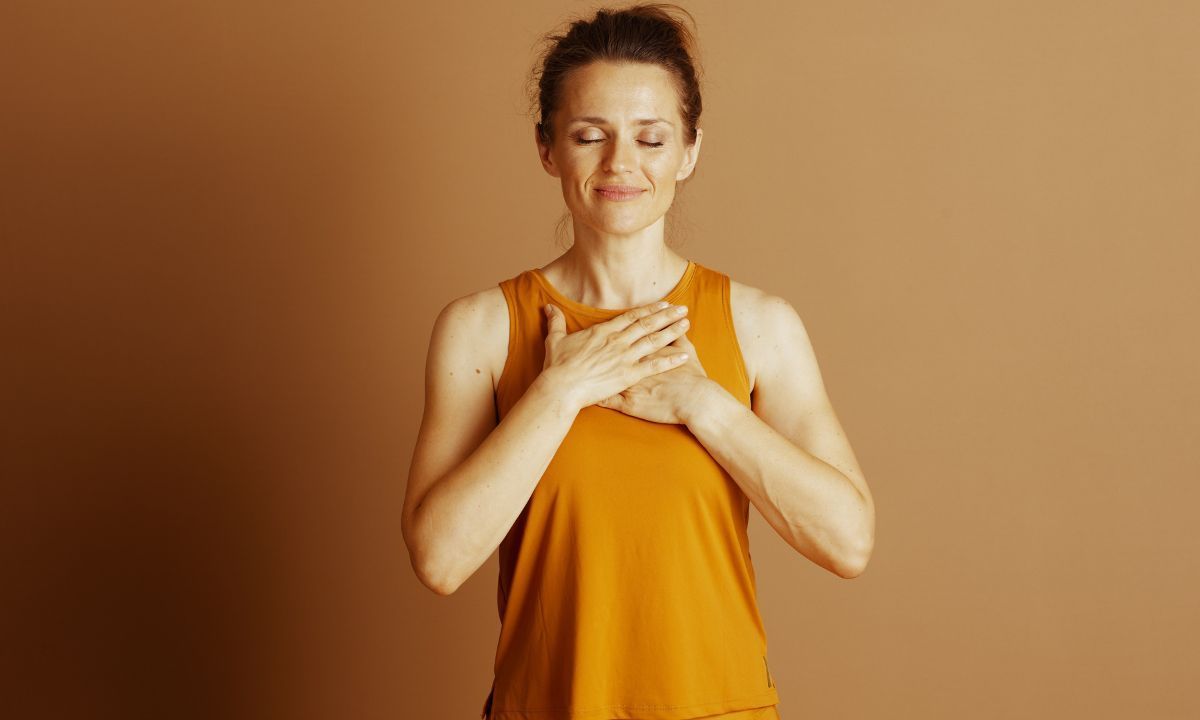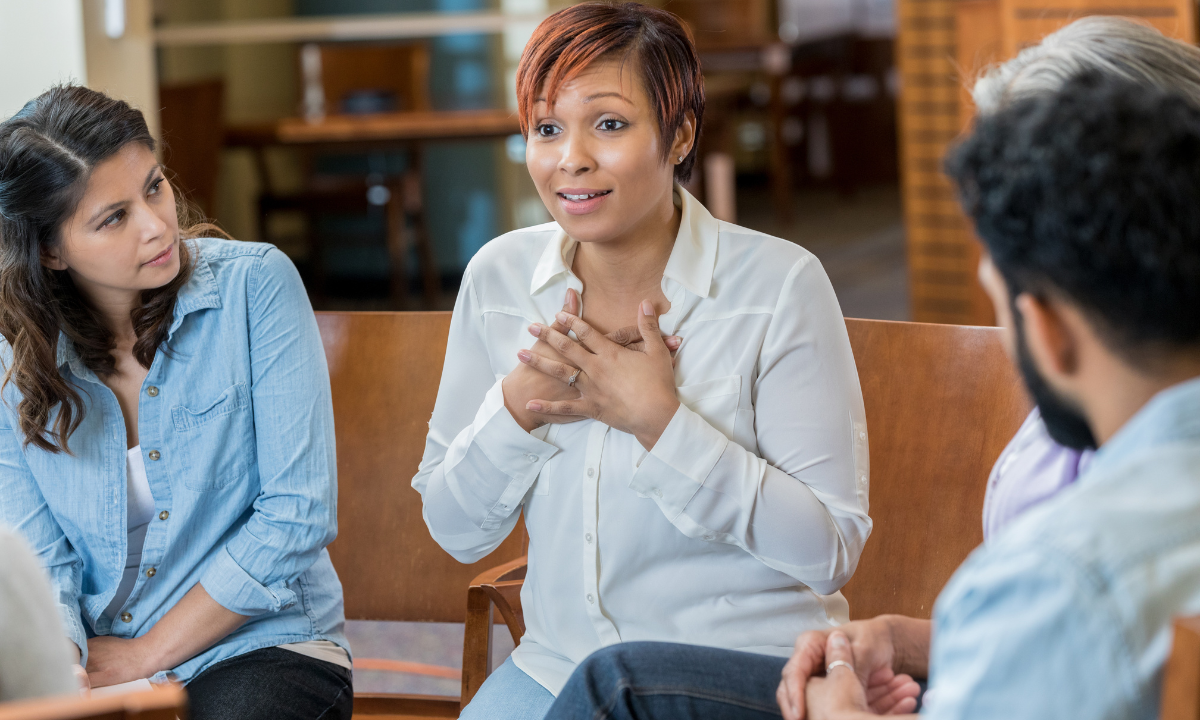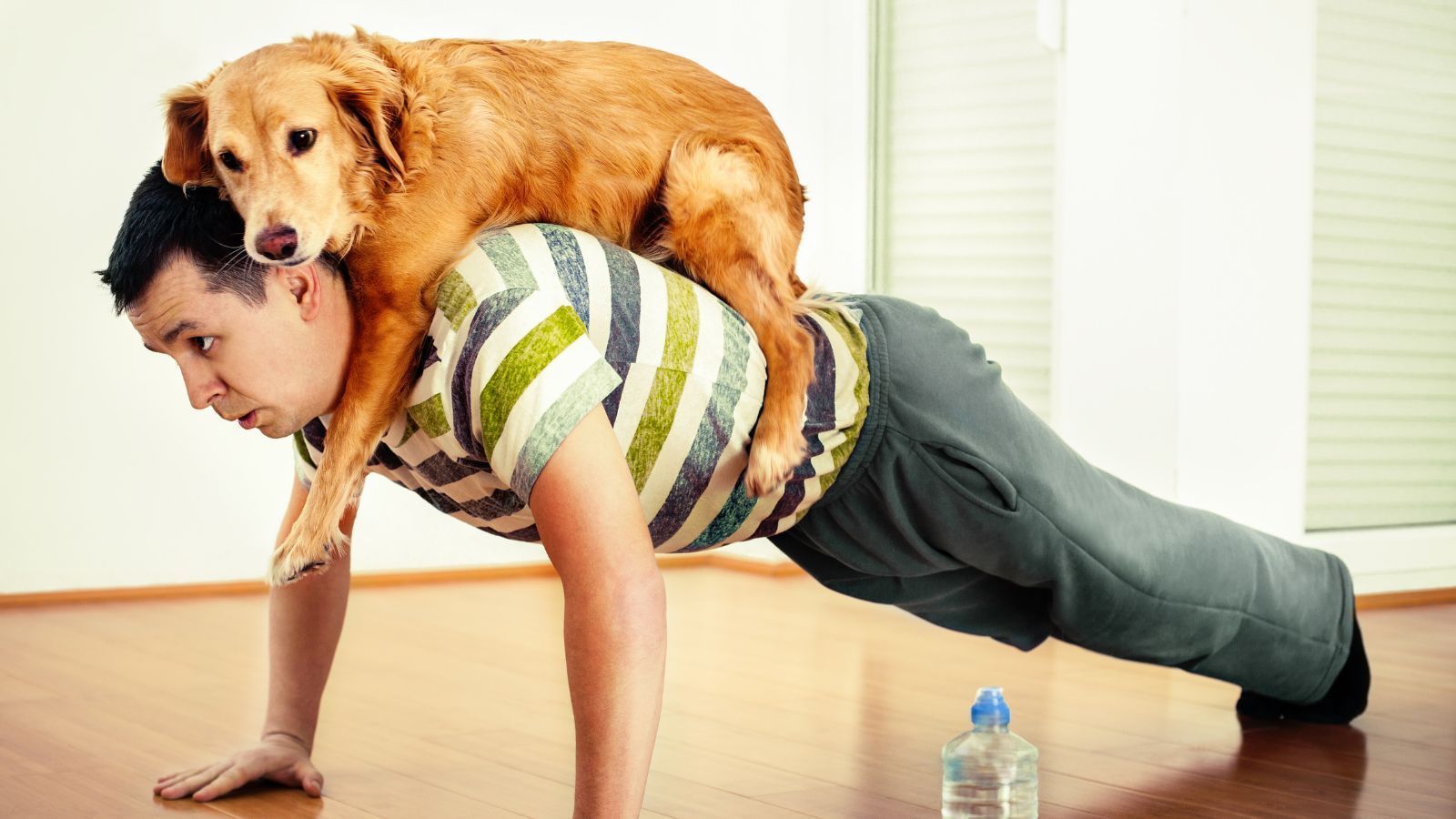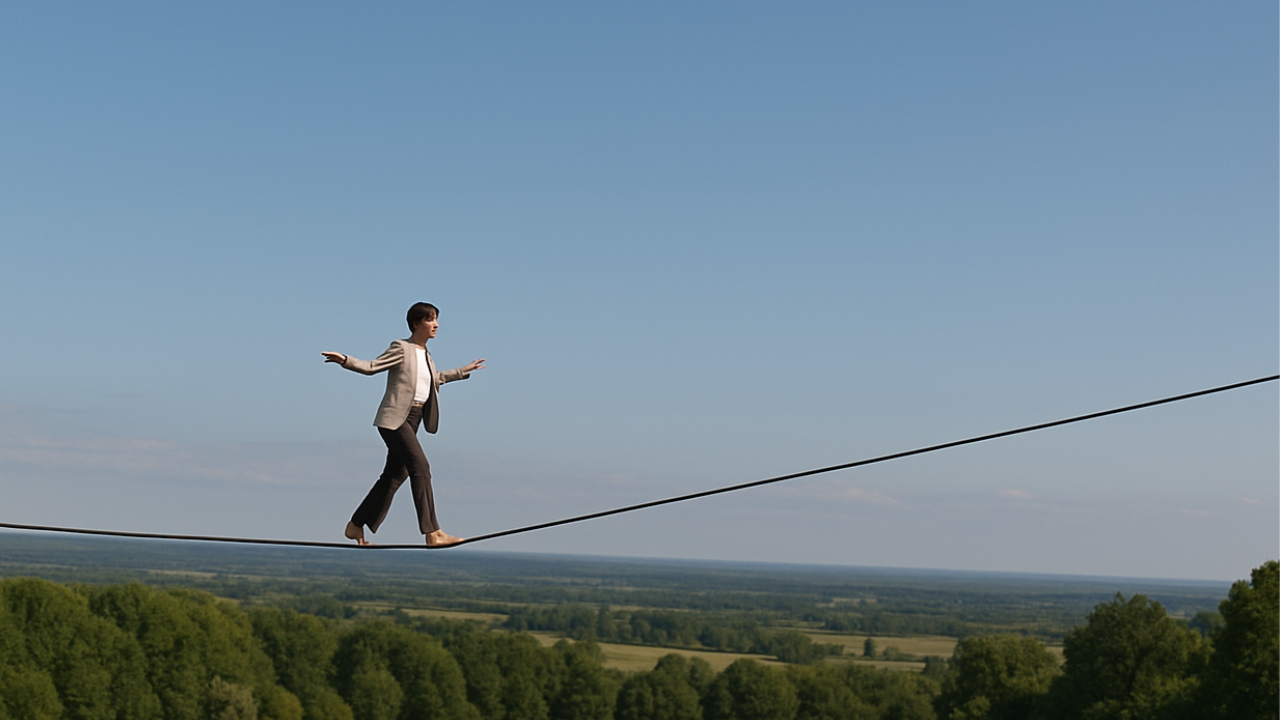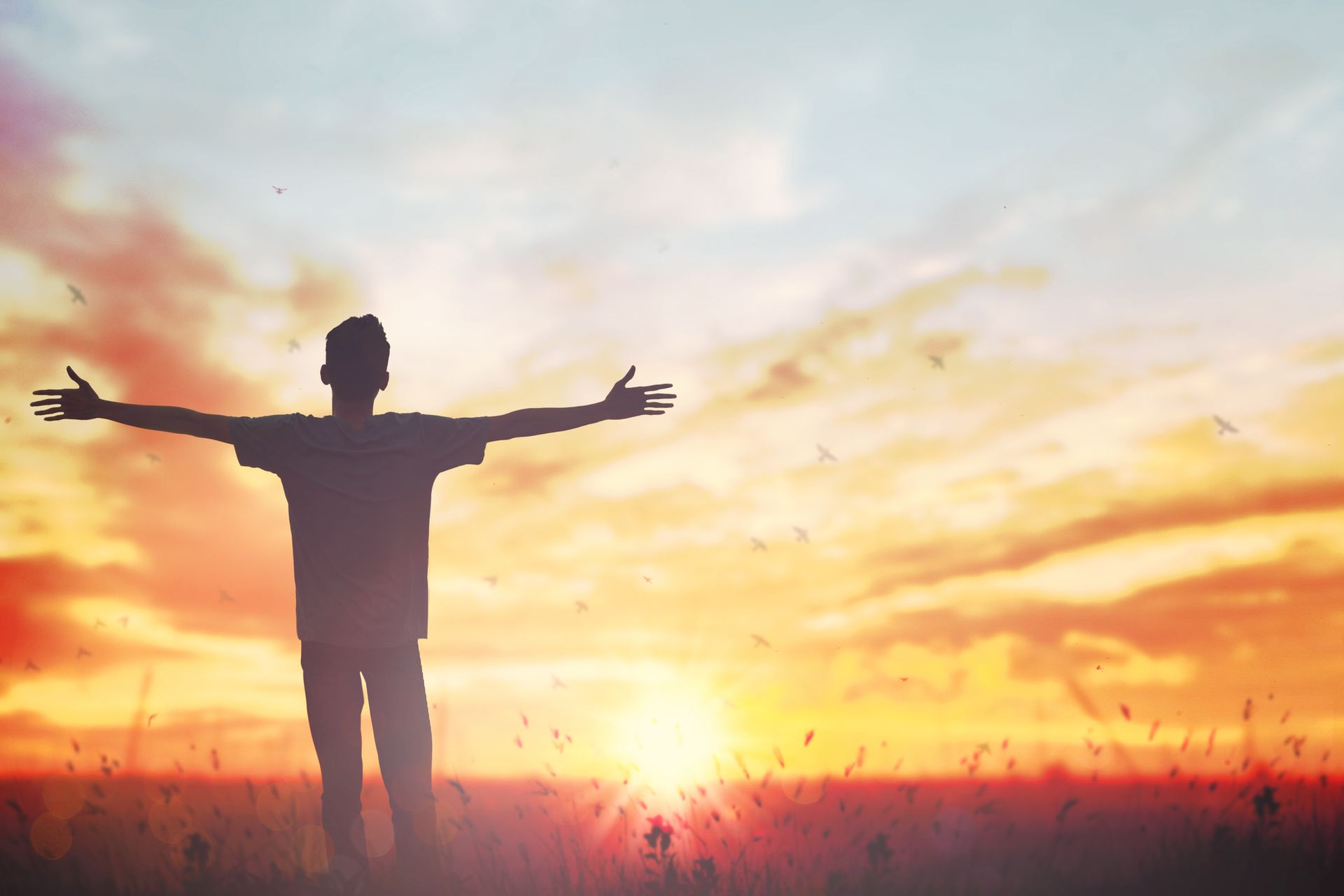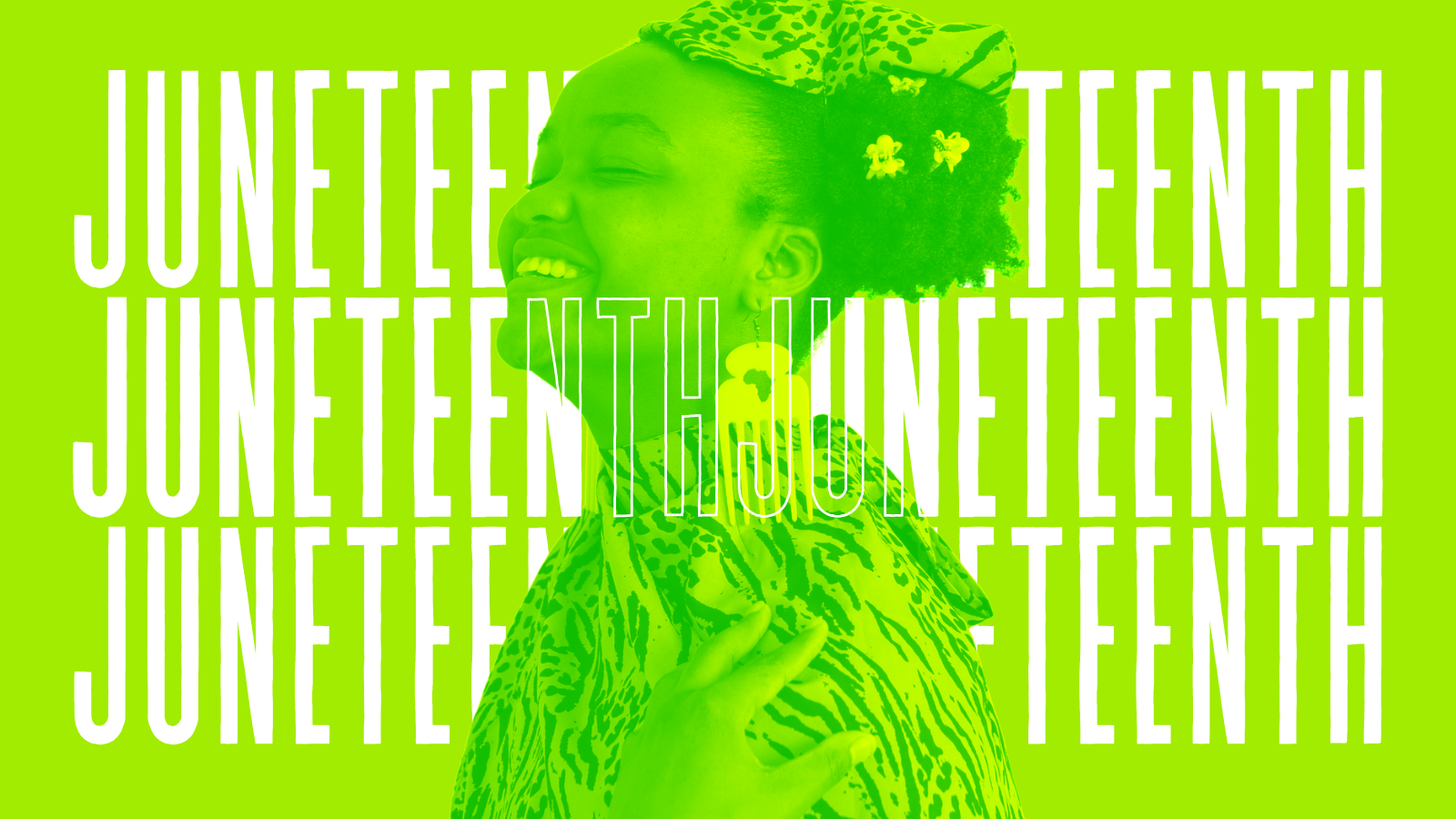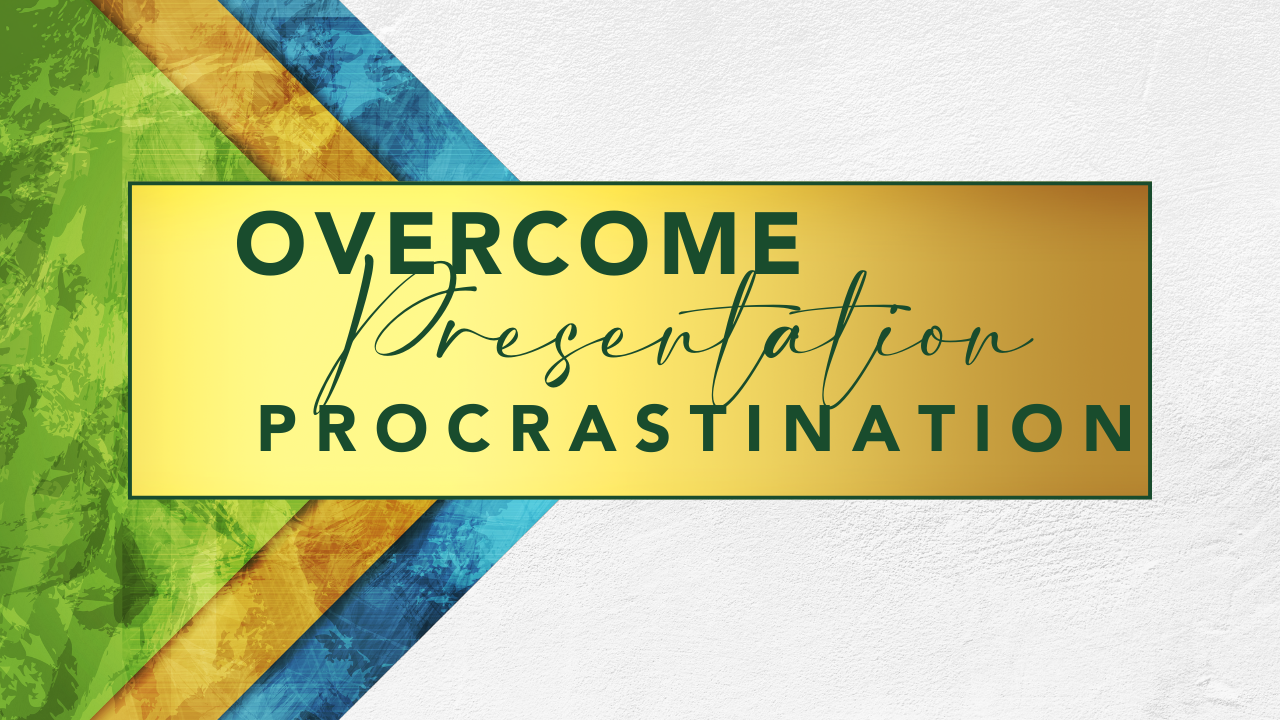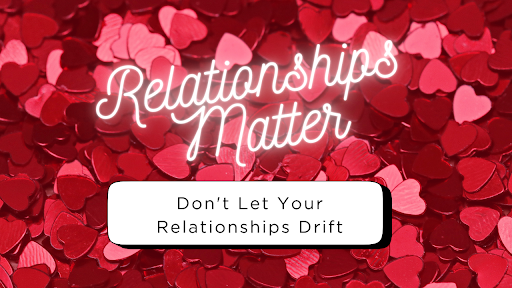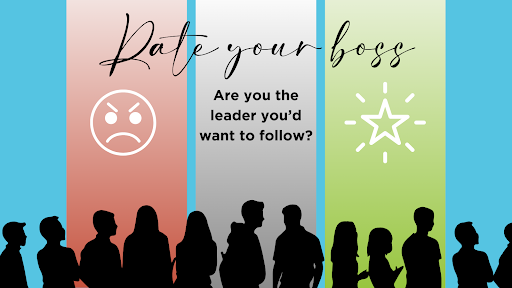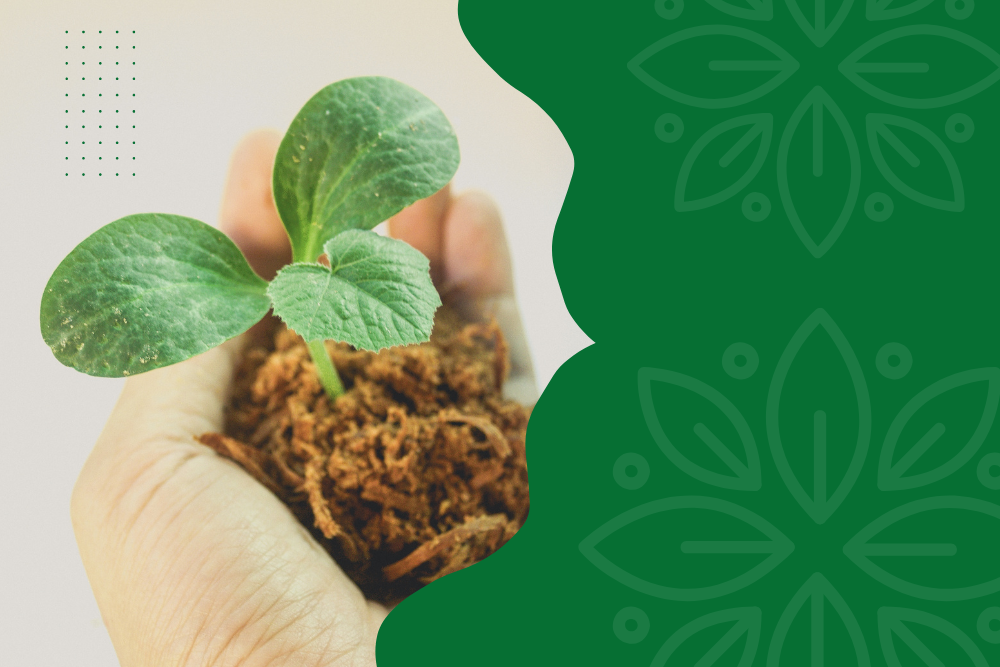I have been thinking a lot about courage and social justice and the critical role that these two factors play in upholding a civil society.
Like many of you, I am deeply disturbed by the recent murders of three Black Americans – George Floyd, Breonna Taylor, Ahmaud Arbery – at the hands of current and former law enforcement officers and white vigilantes.
Like many of you, I was also shocked and appalled by the video showing how Christian Cooper, a black man with a passion for bird watching, was harassed and threatened by Amy Cooper, a white woman with a habit of disregarding the dog leash laws in Central Park. Thankfully, this event did not lead to violence or death, just embarrassment and regret. Still it is a reminder of something wrong, very wrong with our society.
Each of these events are tragic and outrageous, but the reality is that they are just a continuation of a systematic disregard for the health, safety and rights of black and brown people in America. They are symptoms of issues we don’t like to talk about such as discrimination, racial profiling, bigotry, white privilege, and institutional racism.
We can no longer deny that racial disparities persist in wealth, education, employment, housing, education, and health care — and at a time when COVID-19 is disproportionately killing Black Americans and Black-owned businesses are going under, it can feel as if this is the way things have been and always will be. But we owe it to ourselves, our children, our neighbors, our communities, our nation, and our future to do something to change it. And that will take an enormous amount of courage, compassion, listening and leadership – from all of us!
What is social justice?
I first became aware of and passionate about social justice when I served as a board member for the YWCA Hartford Region. I was intrigued by their mission statement:
YWCA is dedicated to eliminating racism, empowering women and promoting peace, justice, freedom and dignity for all. In order to fulfill my duty to this mission, I had a lot of learning to do. I wasn’t really sure what they meant by social justice. After six years on the YWCA board, I was hooked. Social justice became part of my own personal mission statement.
Social justice is a concept of fair and just relations between the individual and society, as measured by the distribution of wealth, opportunities for personal activity, and social privileges. Social justice is linked to equality, freedom, and the common good. Clearly, these are things that are good for everyone in a civil society. But unfortunately, social justice has been very difficult to achieve in America and elsewhere.
I participated enthusiastically in the YWCA annual event
Stand Against Racism co-facilitated community events, making new friends, deepening my knowledge and understanding of the pervasive nature of racism in our society.
During my time of volunteer leadership with the YWCA Hartford Region, I also became aware of and educated about the white privilege that I unknowingly enjoyed.
What is white privilege?
According to Wikipedia, “White privilege refers to the societal privilege that benefits white people over non-white people in some societies, particularly if they are otherwise under the same social, political, or economic circumstances.” Or as one website said it simply, “It is not necessarily a privilege to be white, but it certainly has its benefits.”
It never occurred to me that not being “watched” by store managers as I shopped in a store was a privilege that black Americans didn’t enjoy. I was unaware that I had a hidden advantage when applying for housing, jobs and loans. I was white and got a different kind of reception than if I was black. Listening to the stories of everyday discrimination of my fellow board members was shocking and eye opening.
And when I tell people that I’m half Mexican and half-Caucasian, it’s more of surprise. It doesn’t impact their impression of me. Why? Because I don’t look Hispanic, I look like a white woman of economic means. And my life is easier because of that. My whiteness gives me benefits that I was completely unaware of. I didn’t earn them. They were gifted to me at birth by the very nature of my race and skin color.
But what can I do about that? I can acknowledge it. I can learn more about white privilege and how it works to divide our society. I can intentionally diversify my network and build friendships and connections with people who are different than I am. And I can leverage my white privilege to help people who are marginalized – whether I know them personally or not.
Supporting marginalized communities
Harmeet Kaur
is a producer for CNN’s trends and culture team. She writes about race, identity, and other news of the day. Harmeet wrote an article called “A guide to how you can support marginalized communities.” She invites us to become an ally to help end the oppression that others, not like us, experience every day. She explains that “Being an ally — a person who is not a member of a particular marginalized group but seeks to help end the oppression of those in the marginalized group — is a constant process. Allyship can mean different things to different people, and it can be tough to know where to start.” Harmeet offers suggestions that we can all do including:
- Reach out. Offer comfort and support.
- Educate yourself and others.
- Listen.
- Stand up. Use your privilege to help others. And VOTE.
Make sure you’re registered. And do it in every election, not just the big ones.
What is social courage?
I have to confess that I hate violence. Even the potential for violence scares me. I remember once walking in London England on vacation with my husband looking for a local pub for lunch and we happened to walk past a large protest gathering on the street. There was a moment when I realized that my husband and I were potentially in danger. We could be at the wrong place and the wrong time. That memory still triggers me.
So I can’t imagine what’s it’s like to be living in Minneapolis right now; to have curfews and restrictions; to worry that my storefront or car might be vandalized or set ablaze. I don’t know if I could muster the courage to be part of a protest, even a peaceful one.
But I am also afraid of something else – and that is being criticized, condemned, or harassed for simply expressing my views. So I am bracing myself for some level of backlash for even writing this blog post. I know that I will be criticized by some people, including family, friends, teammates, clients, prospects, readers and complete strangers. I might experience higher level of “unsubscribes” and may even get some hate mail. It’s happened in the past.
Of course, it is a lot easier to just keep my mouth shut, to bypass and skirt around the difficult topic that is staring us in the face. Perhaps it’s best to stick to business and forget about the “politics.” Coronavirus seems like a “safer” thing to deal with than the racism virus.
I want to be courageous. I want to be fearless in standing up for what I believe it. But I’m afraid. This inner conflict has led me to do more research on the topic of courage and its connection to leadership.
I was very pleased to read a blog post by
Alexander Atkins entitled “The Six Types of Courage.” I also had a chance to speak with Alex on the phone and to hear more of his perspective. I now understand that there are different kinds of courage. Courage doesn’t just refer to bravery or valor. I can continue to cover my eyes and hide under the covers during scary movies and not feel weak or bad about that.
Below is an excerpt from Alex Atkins blog post. Give some thought as to what types of courage come naturally to you, and which types of courage you might need or want to develop and demonstrate, especially now during these turbulent times. And when you think of the protesters, and the activists, and the victims, and those speaking out on behalf of injustice, ask yourself what kind of courage they are displaying?
Physical courage.
This is the courage most people think of first: bravery at the risk of bodily harm or death. It involves developing physical strength, resiliency, and awareness.
Social courage. This type of courage is also very familiar to most of us as it involves the risk of social embarrassment or exclusion, unpopularity or rejection. It also involves leadership.
Intellectual courage. This speaks to our willingness to engage with challenging ideas, to question our thinking, and to the risk of making mistakes. It means discerning and telling the truth.
Moral courage.
This involves doing the right thing, particularly when risks involve shame, opposition, or the disapproval of others. Here we enter into ethics and integrity, the resolution to match word and action with values and ideals. It is not about who we claim to be to our children and to others, but who we reveal ourselves to be through our words and actions.
Emotional courage.
This type of courage opens us to feeling the full spectrum of positive emotions, at the risk of encountering the negative ones. It is strongly correlated with happiness.
Spiritual courage. This fortifies us when we grapple with questions about faith, purpose, and meaning, either in a religious or nonreligious framework.
Develop Your Courage by Being Courageous
I want to inspire you to muster up the courage to stand up for what you believe in and to help others who are less fortunate than you. To that end, I want to give a shout out to 5 courageous leaders and companies that have inspired me during these days of civil unrest.
Medina Jett demonstrates social courage
In her LinkedIn post, my friend and client Medina Jett, encourages her white friends and colleagues to add their voice to allyship rather than remain silent in acquiescence. She is helping us to understand what white privilege is and how black Americans are denied these basic privileges of living and breathing.Thank you Medina for your social courage and support!
Kareem Abdul-Jabbar demonstrates social courage
Basketball legend Kareem Abdul-Jabbar wrote an elegant and thought-providing
Op-Ed for the Los Angeles Times newspaper over the weekend. He asks the question “What was your first reaction when you saw the video of the white cop kneeling on George Floyd’s neck while Floyd croaked, ‘I can’t breathe’?” Later he asks what our first reaction was when we saw footage of the looting and violence in the streets across the country in protest of the murder of George Floyd. His perspective is illuminating and worthy of your time and attention and reflection. At the end of his article, he says, “What I want to see is not a rush to judgment, but a rush to justice.”
Thank you Kareem for standing up for justice and helping us to understand why people are protesting. We are seeing people being pushed to the edge.
Trevor Noah demonstrates social courage
My dear friend Nancy Sheffield forwarded this YouTube video of late night talk show host and author of the book
Born a Crime, the amazing Trevor Noah. He speaks to us in this video so personally and honestly, like he is in our living room sharing his thoughts one-on-one with us.
Trevor Noah shares his thoughts on the killing of George Floyd, the protests in Minneapolis. He speaks intelligently about the dominoes of racial injustice and police brutality, and how the contract between society and black Americans has been broken time and time again.
There’s no showboating, no humor, no jabs, no clever political one-liners, no fancy production; just 18 minutes of pure honesty and humanity. It’s powerful to listen to. You can feel his pain as he shares his thoughts and experiences with us on this video. Please watch it in its entirety. And share it with others. Trevor already has over 6.5 million views since he posted it on YouTube on May 29, 2020. You’ll realize why this has gone viral when you watch it.
Ben & Jerry’s demonstrates social courage
In addition to producing some of the most delectable and creatively named ice cream flavors in the world, Ben & Jerry’s still has a formidable sense of social justice. Check out this newsletter that I received today with their corporate statement on the recent killing of George Floyd. They are calling for a complete dismantling of white supremacy. Silence is not an option not even from profit-seeking businesses. Ben & Jerry’s believes that “systemic and institutionalized racism are the defining civil rights and social justice issues of our time. We’ve come to understand that to be silent about the violence and threats to the lives and well-being of Black people is to be complicit in that violence and those threats.” Ben & Jerry’s also reminds us of the importance of saying the name of the victims of racism and brutality, and of taking a stance no matter what you have to lose.
Check out the full statement on the Ben & Jerry’s website
Airbnb demonstrates social courage
Lastly, I want to give a shoutout to a company who I admire and see as courageous in their leadership and communication. And that company is Airbnb, the online marketplace which lets people rent out their properties or spare rooms to guests who want an alternative experience to staying in a hotel.
I have been an Airbnb host for the past 2 years. It’s been an awesome experience and one that has forced me to examine my own unconscious biases.
I am in awe of Airbnb’s social courage and how the company puts it money where its mouth is. They have donated $500,000 to the NAACP and the Black Lives Matter foundation. They inspired me to make my own contribution to the Black Lives Matter foundation.
Check out the other resources and information on the Black Lives Matter website. It’s a great place to educate yourself and hear other’s perspectives. I was particularly impressed with their
What Matters
documentary series with audio interviews that you can listen to and educate yourself.
Lastly, please download and read of the
Activism & Alleyship Guide from Black@Airbnb employee resource group prepared by the Black@Airbnb employee resource group. The document contains information, actions you can take, petitions you can sign, book list and list of podcasts, and a link to a
Daring Discussion toolkit. Powerful resource!
Final Thought…
If you change nothing, nothing will change.
p.s. Let’s do the work that needs to be done to change and make things right. Racism must be eliminated and removed from our institutions, policies, practices, and interactions. All people deserve the right to breathe freely, unencumbered by unjust treatment and disrespect.
